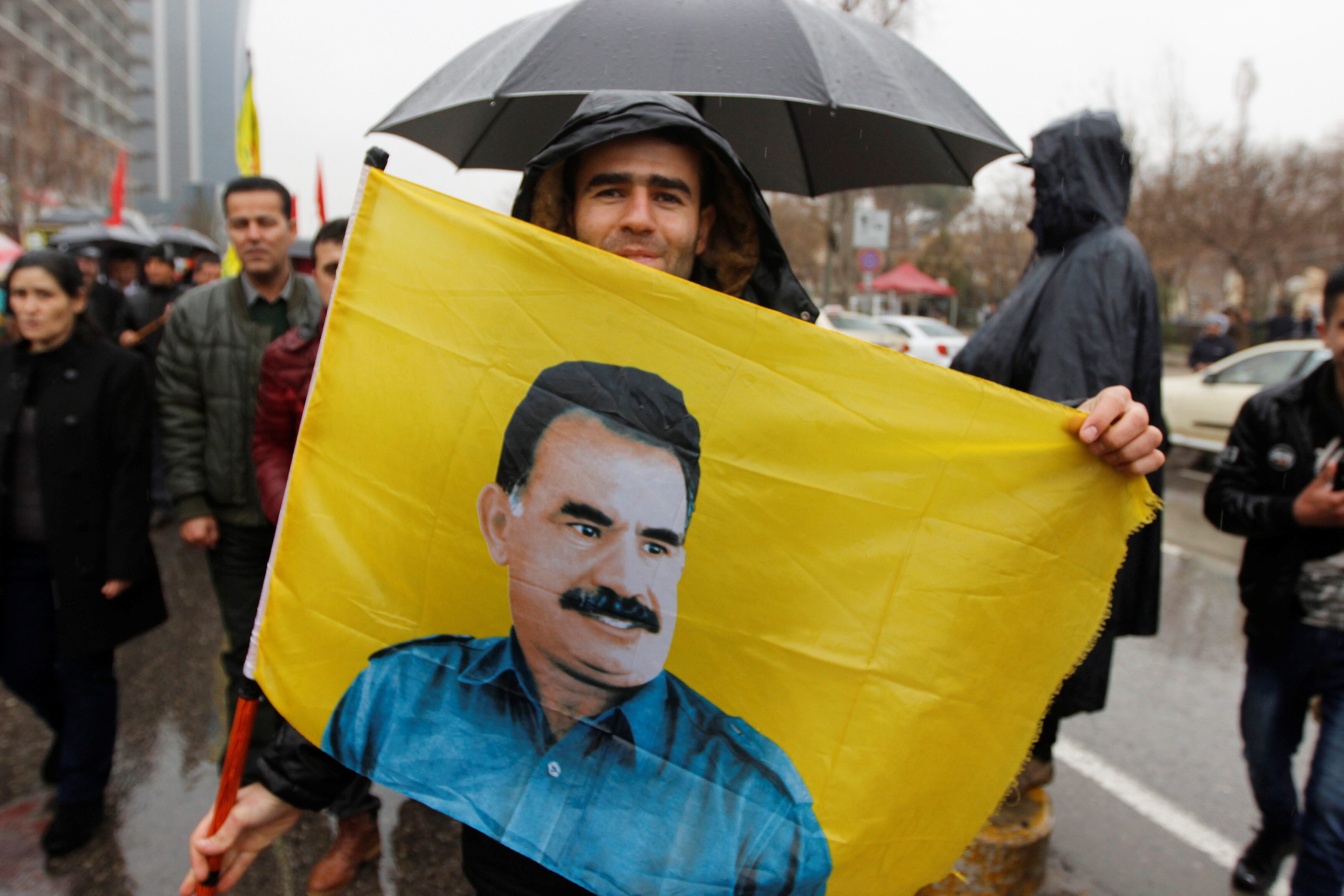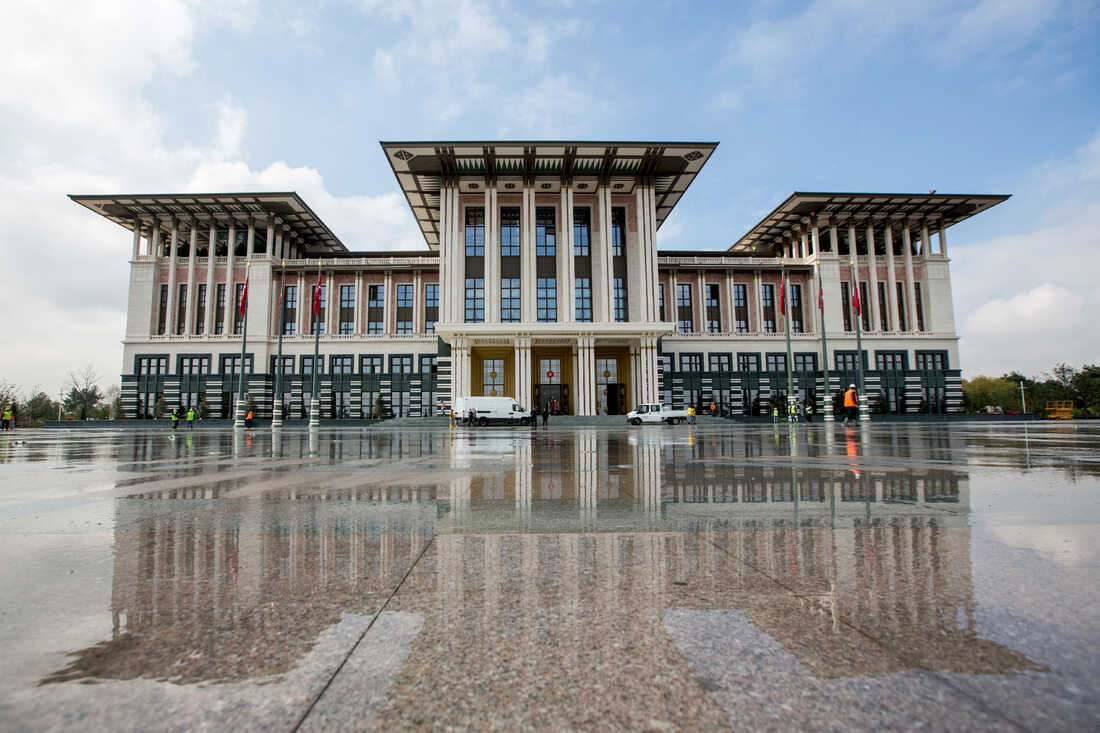Political Gamble in Turkey
Turkey’s President Recep Tayyip Erdoğan is playing a high-stakes game that could affect millions. With his political career hanging by a thread, he seeks to woo the Kurdish minority, a group historically marginalized and oppressed by the state. The aim? To end a conflict that has cost around 40,000 lives over four decades and has deeply scarred the nation’s psyche. Erdoğan"s latest move involves bringing Abdullah Öcalan, the imprisoned leader of the outlawed Kurdistan Workers’ Party (PKK), into the political fold.
Shift in Public Opinion
As reported by Reuters, Erdoğan faces mounting public discontent, even in his strongholds. His once-unassailable grip on power is slipping, especially after significant losses to opposition parties in municipal elections. This desperation has driven him to make concessions that many would have deemed impossible a few years ago.
Erdoğan"s Authoritarian Tactics
While courting Kurds, Erdoğan simultaneously intensifies his authoritarian measures. Opposition leaders, including Istanbul Mayor Ekrem İmamoğlu, have been jailed, a tactic to silence dissent as reported by AP News. This contradiction raises serious questions about the sincerity of Erdoğan’s overtures to the Kurdish population. Are these gestures genuine attempts at reconciliation, or merely strategic moves to cling to power?

Syrian Kurdish groups influenced by jailed militant Ocalan ...
Öcalan"s Role in the Peace Process
Abdullah Öcalan"s recent statements indicate a willingness to transition from armed struggle to political discourse, claiming that the PKK"s core demand for recognition has been met. This shift could potentially pave the way for peace, but skepticism remains high. Many within the Kurdish community fear that Erdoğan"s motives are self-serving. According to Nurcan Baysal, a Kurdish human rights activist, “This is not peace!”
Historical Context of Kurdish Oppression
The Kurdish issue is one of the most contentious topics in Turkey, with many Kurds feeling like the most numerous stateless people globally. They have faced systemic oppression since the establishment of the Turkish Republic. Erdoğan’s sudden willingness to negotiate raises eyebrows, especially when one considers the legacy of violence and denial of rights that Kurds have endured.
Implications for Democracy
The potential resolution of the Kurdish issue could only be meaningful in a democratic context. The ongoing crackdown on opposition figures undermines any claims of a genuine peace process. As political commentator İpek Özbey states, “If there is no democracy, how will we democratize?” The fabric of Turkish democracy is fraying, and the Kurdish question cannot be resolved while political repression continues.
What Comes Next?
Erdoğan"s gambit is a double-edged sword. While it may gain him temporary relief from political pressures, the long-term implications could be dire. Trust is a fragile commodity, especially for a community that has been historically betrayed. The Kurdish response to Erdoğan"s overtures will ultimately determine the future of not just their rights, but the very nature of Turkish democracy.

Turkey"s President And His 1,100-Room "White Palace ...



![[Video] Gunfire between Iraqi security forces and Sadr militias in Baghdad](/_next/image?url=%2Fapi%2Fimage%2Fthumbnails%2Fthumbnail-1768343508874-4redb-thumbnail.jpg&w=3840&q=75)
